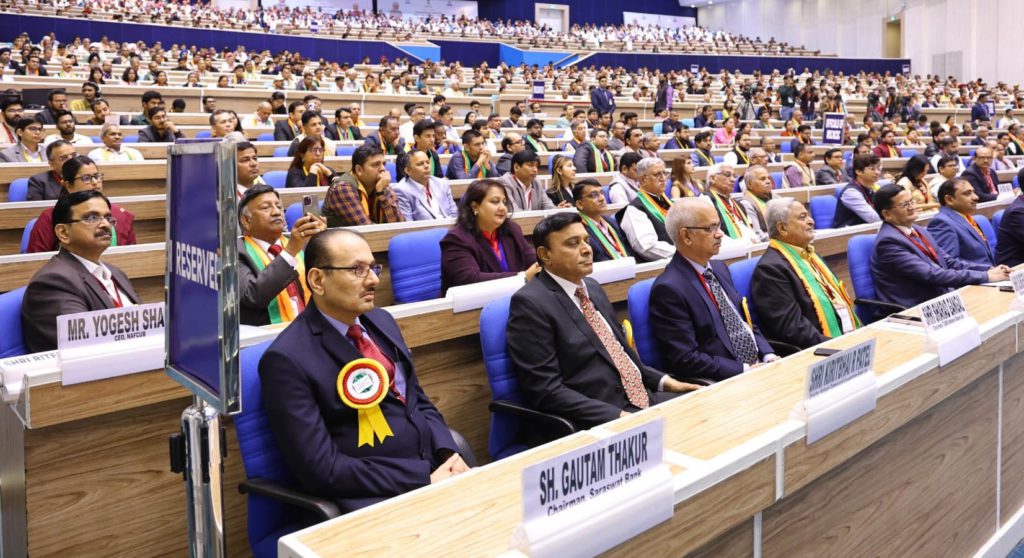The fact that the mainstream media is unaware of the workings of the cooperative sector is well known. However, attempts to vilify the entire sector at the very first opportunity are indeed condemnable.
Something similar happened recently in the wake of the New Indian Cooperative Bank scandal when a leading publication cast aspersions on some of the top-notch urban cooperative banks.
These banks have built strong reputations, earned recognition, and even received awards from Union Minister Amit Shah for their successful operations spanning over a century.
An inaccurate report published in the said daily stirred controversy within the cooperative banking sector, leading to widespread criticism from major Urban Cooperative Banks (UCBs). Pushed onto the backfoot, the daily had to temper its overenthusiasm with a clarification piece ending with, “The error is regretted.”
The controversy has reignited concerns about the unfair targeting of the cooperative banking sector. When fraud occurs in private or public sector banks, blame is typically confined to the specific institution involved. However, when a scam takes place in a cooperative bank, the entire sector is often painted with the same brush, damaging the reputation of numerous well-functioning banks.
While it is true that some cooperative banks may face management issues, it is unjust to assume that all are mismanaged. Most UCBs have been operating efficiently, catering to the financial needs of small businesses, low-income individuals, and the economically weaker sections of society.
The issue began on February 20, 2025, when the said publication released an article titled “Scam Storm in Cooperative Banks.” The report alleged financial irregularities in multiple cooperative banks, including three prominent UCBs in Maharashtra.
However, contrary to the claims, these banks had no involvement in any scam, nor had they been subjected to any restrictions by the Reserve Bank of India (RBI) due to financial mismanagement. Following the publication of the report, the named banks issued a public notice condemning the false allegations.
The banks further demanded an unconditional apology from the publication in the next edition, warning of legal action for defamation if their demand was not met. Following the backlash, the publication expressed regret.
The incident serves as a reminder that media reporting should be responsible, fact-checked, and balanced, ensuring that institutions that uphold financial integrity are not unfairly tarnished.




